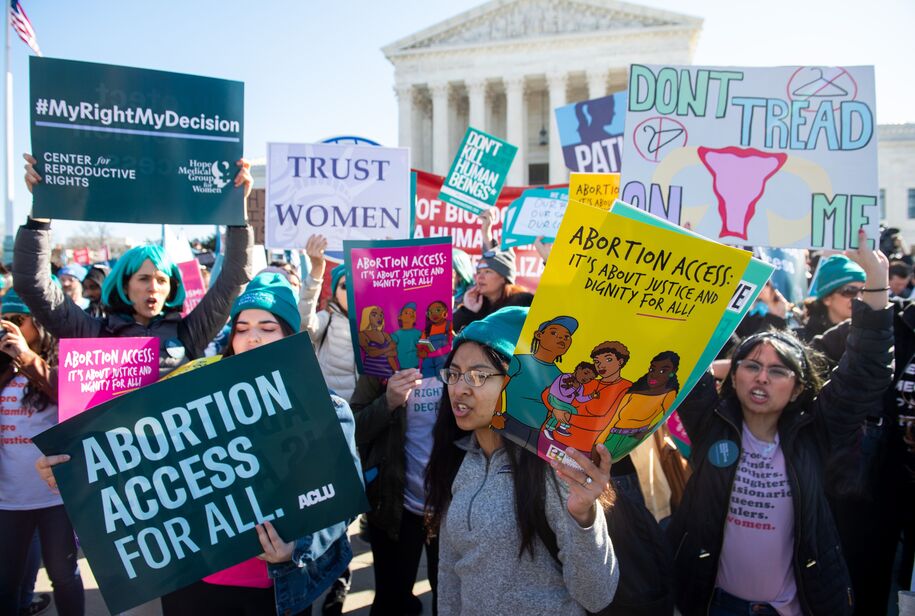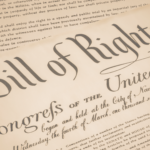Personal Information Protection
The federal government
protects personal information through a series of laws enacted by Congress. The Federal Trade Commission (FTC) is the primary agency enforcing privacy policy and enforcement since the 1970s.
- Fair Credit Reporting Act: One of the first federal privacy laws. It uses the protection of the law to provide data protection for the personal financial information collected by credit agencies.
- The Privacy Act of 1974: Prevents the federal government from making unauthorized disclosure of personal information under its control.
- Computer Fraud and Abuse Act: A federal anti-hacking statute that prohibits the unauthorized use of protected computers without prior authorization, including smartphones or other devices connected to the internet.
- Children's Online Privacy Protection Act: COPPA imposes requirements on online services directed at children under 13, as well as those that knowingly collect information from children under the age of 13. These entities must post their privacy policies, have an opt-out option, and provide certain parental controls.
- Financial Monetization Act: Requires financial institutions to explain their information-sharing practices to their customers and to safeguard sensitive customer information.
- Health Information Portability and Accountability Act: HIPAA assures that an individual’s health information is properly protected by setting use and disclosure standards.
Civil Law Privacy Protection
When there’s an intrusion into your reasonable expectation of privacy, state laws provide a right of
enforcement through civil tort law, allowing you to receive compensation. Although the specifics of these laws vary from state to state, the following four torts are based on the right to privacy:
Intrusion of Solitude
This form of invasion of privacy involves the
interference with one’s right to solitude or seclusion. For example, if a person uses hidden cameras in your home or private office, this would be an intrusion into your seclusion.
Appropriation
Appropriation occurs when a person’s name, likeness, voice or other personal characteristic is
used without permission for the benefit of another party. As an example, let’s say a company uses an actor to impersonate an NFL player for a television ad. If the player didn’t authorize the imitation, an appropriation occurs.
Public Disclosure of Private Facts
This tort defends against the
unauthorized disclosure of details about a person’s private life that are not generally known. Generally, disclosure to one or two people does not constitute a public disclosure unless there is an implication that the information should be spread around.
False Light
An invasion of privacy can occur when the publicized information is
misleading or somehow distorts the truth. The false light must be highly offensive to the average person and be published with the knowledge of, or in reckless disregard of, whether the information was false or would place the person in a false light.
Get a Review of Your Right to Privacy Claim


